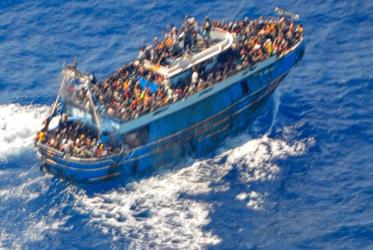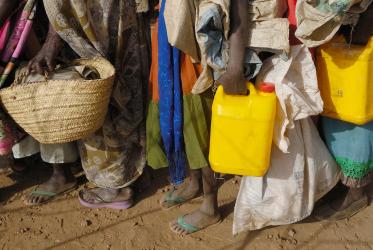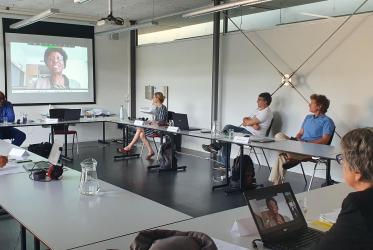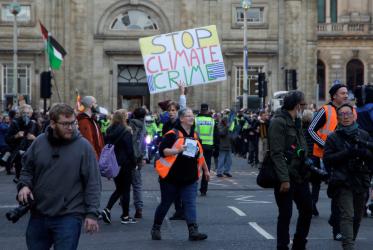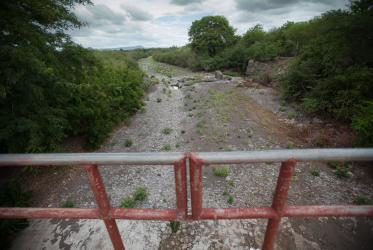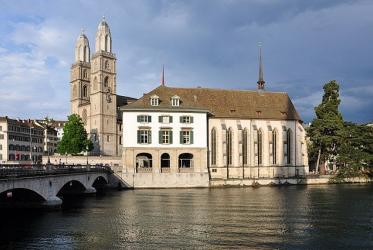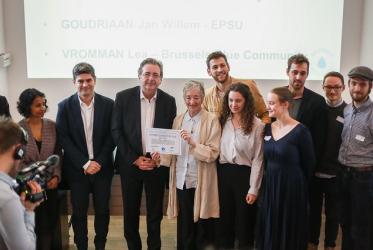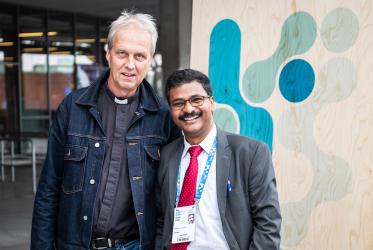Displaying 1 - 20 of 61
WCC Eco-School begins in Crete
15 November 2023
2022 Social Forum: Water for human rights and sustainable development
03 - 04 November 2022
Palais des Nations in Geneva, Switzerland
Water as a divine gift, and justice issue
08 September 2022
WCC’s Ecumenical Water Network attends Pilgrim Team Visit
30 August 2022
Rethinking Ecological Relationships in the Anthropocene era
11 - 13 February 2021
Plans for 11th WCC Assembly build excitement across the globe
18 February 2020
WCC joins gathering of Blue Communities in Brussels
06 December 2019
WCC President Wejryd: ‘Water, in many ways, represents God’
27 September 2019
Water and Faith showcase highlights results of collaboration
26 August 2019



